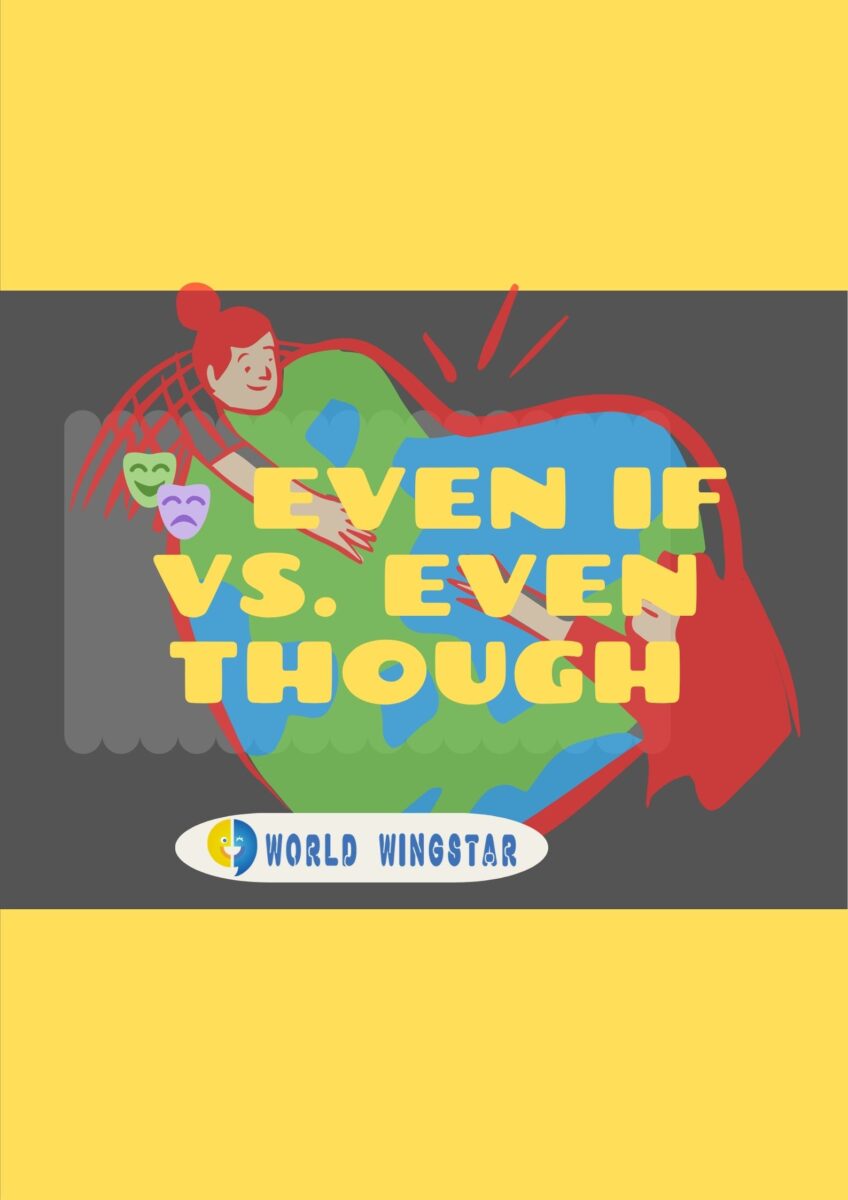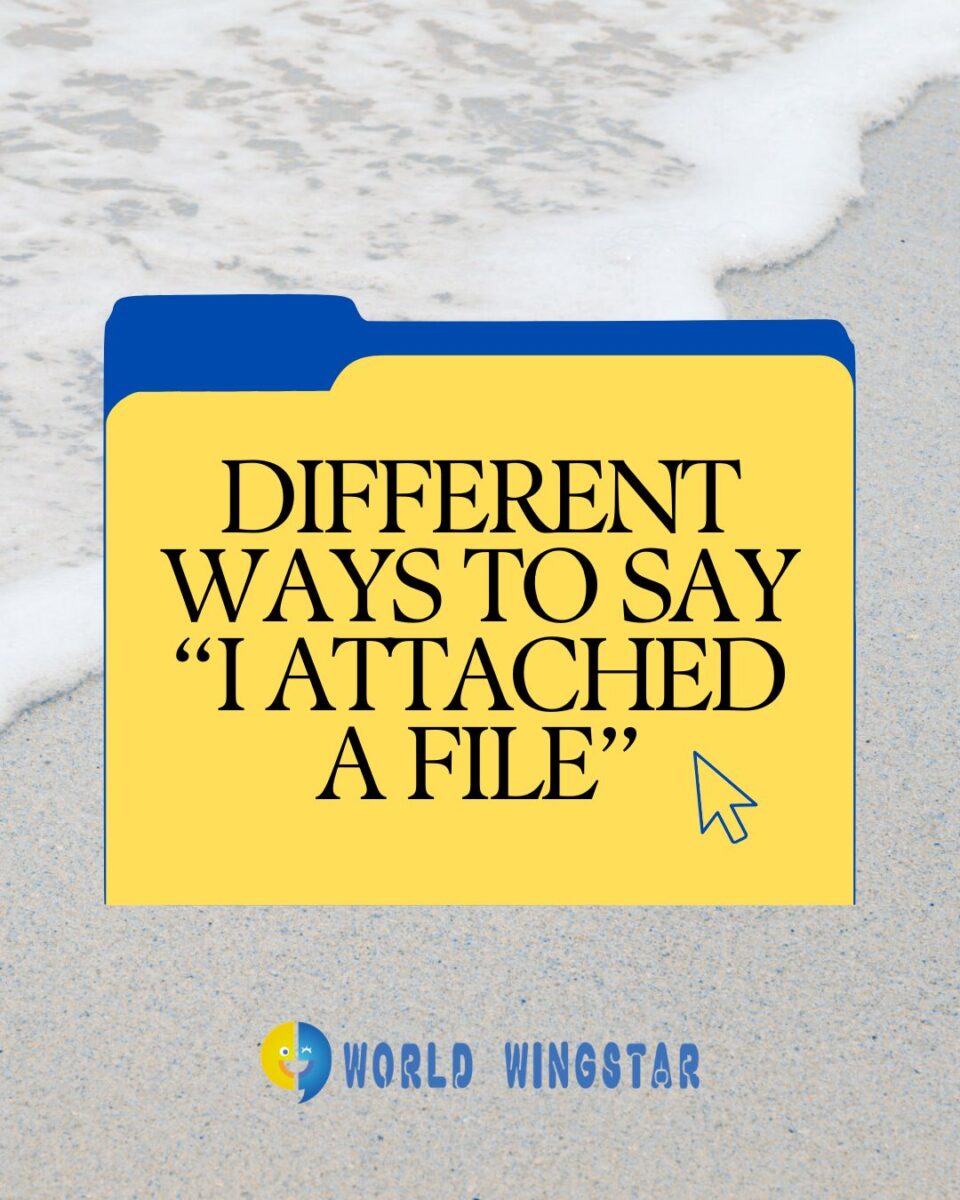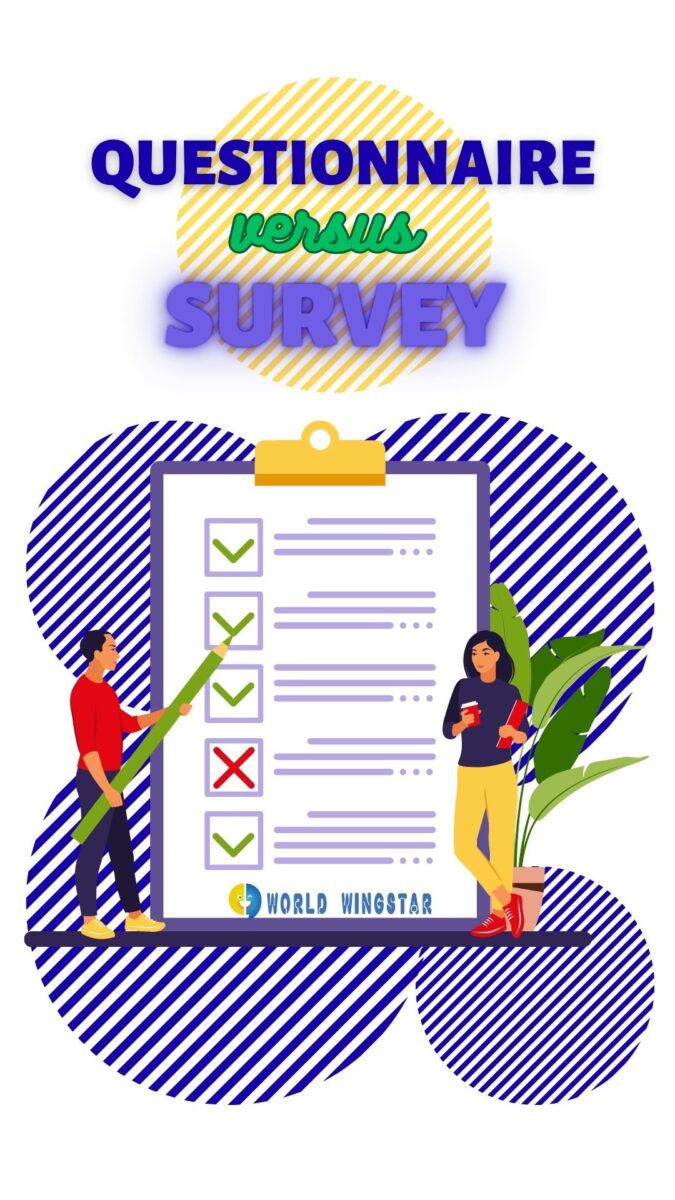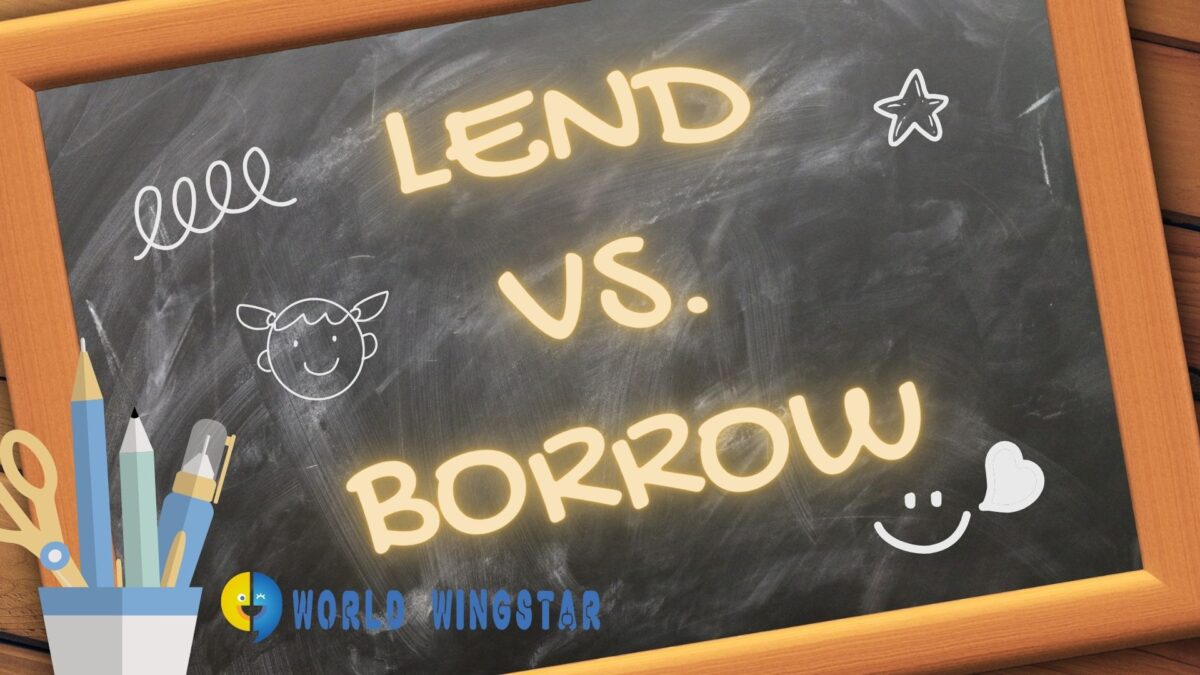- ワンポイントレッスン
“Even If” vs. “Even Though” – What’s the Difference? よく使われるこの接続詞を理解しましょう 2025.07.28
今回はEven IfとEven Thoughについてです。この二つは会話の中で度々使われますね。この2つの接続詞の使い方を理解しましょう
English is full of tricky little phrases that sound similar but mean different things. One pair that often confuses ESL learners is “even if” and “even though.” Don’t worry — after reading this blog, you’ll know exactly when and how to use each one like a native speaker!
✅ Even Though – Real Situations
“Even though” is like saying “despite the fact that…” It introduces something true, real, or already happened, yet something unexpected follows.
🔸Examples:
Even though it was raining, we went hiking.
She passed the exam even though she didn’t study much.
Even though he is allergic to cats, he adopted one.
In these sentences, the first part is a fact, and the second part is a surprising result.
💭 Even If – Hypothetical or Imagined Situations
“Even if” is used to talk about possibilities, not facts. It means “whether or not something happens” or “in the case that something happens.”
🔸Examples:
I’ll go to the party even if it rains.
Even if I had a million dollars, I wouldn’t buy that car.
He’ll help you even if he’s tired.
In these examples, we’re imagining situations that might happen — and we’re saying what will happen no matter what.
🧠 Quick Tip to Remember
Think of it this way:
Even though = Real situation → “It’s true, but…”
Even if = Imagined or possible situation → “Maybe, but still…”
✍️ Final Thought
Learning the difference between “even if” and “even though” helps you express yourself more clearly and confidently in English. Remember — “even though” is for reality, and “even if” is for possibility. Practice using them in your conversations and writing, and soon, it will feel natural!
Let us know in the comments: ✨ What’s one sentence you can make using “even if” or “even though”?
Happy learning! 🌍📚









